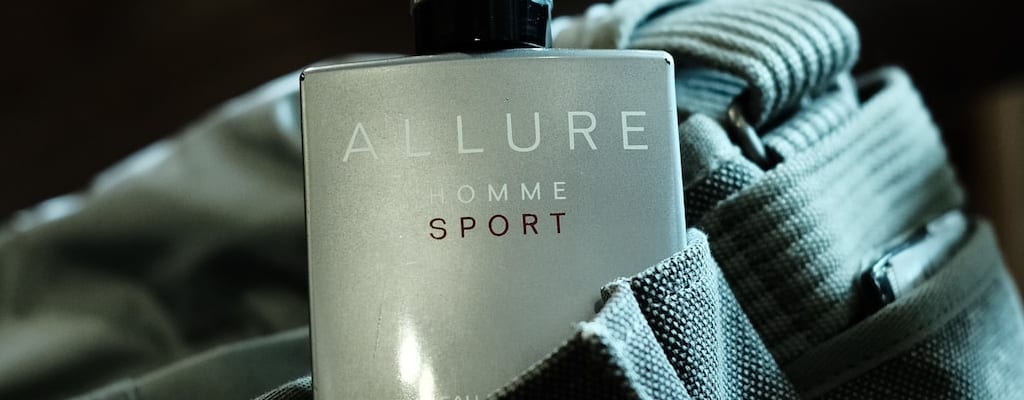turn a hair: Idiom Meaning and Origin
What does ‘turn a hair’ mean?
The idiom "turn a hair" means to show no sign of fear, surprise, or concern in a difficult or risky situation.

Idiom Explorer
The idiom *whistle in the dark* means to pretend to be brave or optimistic in a difficult or frightening situation, often to hide one's fear or uncertainty.
The idiom "turn-off" refers to something that causes a loss of interest or enthusiasm in a person or makes them feel repulsed or disgusted.
The idiom "turn of events" refers to an unexpected change or shift in a situation or sequence of events.
The idiom "turn loose" means to release or set someone or something free, allowing them to act or move without constraint or control.
The idiom "turn into" means to undergo a transformation or change, typically resulting in becoming something else or adopting a different form or state.
The idiom "turn in one's grave" means to experience strong disapproval or disappointment, symbolically imagined as the deceased person's reaction to a particular event or situation.
The idiom "turn heads" means to attract attention or make people notice and look at someone or something because of their exceptional appearance or behavior.
The idiom "turn a trick" refers to the act of performing a task or solving a problem, often in a clever or skillful way. It can also have a negative connotation, implying the use of deception or manipulation to achieve a desired outcome.
When used as an idiom, "turn around" means to change direction, to reverse a situation, or to make a significant improvement in a short amount of time.
The idiom "turn a phrase" means to skillfully express or articulate something in a clever or interesting way, often using words and language creatively. It refers to the ability to produce witty, memorable, or powerful sentences or phrases.
Revealing Hidden Origins: Decoding "Turn a Hair"
The idiom "turn a hair" is used to express a lack of emotional reaction or surprise in a given situation. This phrase reflects a sudden change in direction or movement and a hair on one's body. It is often used in negative sentences to indicate that someone remained calm or unaffected by something that would typically cause a reaction.
One interesting fact about this idiom is that its origin can be traced back to the early 19th century. The earliest evidence of its usage can be found in the work of Sir Walter Scott, a Scottish novelist and poet. In his novel "Waverley," published in 1814, he wrote, "He does not turn a hair for the liberty of a city." This suggests that the idiom was already established in the English language by that time.
Interestingly, the idiom "turn a hair" is primarily used in informal contexts and is more commonly found in spoken language rather than formal writing. This indicates that the idiom may have originated from everyday conversations and gradually became a part of vernacular expression.
In everyday usage, people often use the idiom "turn a hair" to describe a person's reaction to fear, danger, or shocking news. For example, someone may say, "He didn't turn a hair when he saw the accident," meaning that the person remained calm and composed despite witnessing a distressing event.
It's worth noting that there is a related idiom, "not turn a hair," which has a similar meaning to "turn a hair." The main difference lies in the use of the negative form "not," which adds emphasis to the lack of reaction or surprise.
When analyzing the usage of these idioms, it becomes evident that they are commonly employed to emphasize someone's stoicism or lack of emotional response. These phrases capture the essence of remaining composed and unfazed even in the face of adversity.
The idiom "hide nor hair" is another expression often used in connection with "turn a hair." This phrase refers to the absence of any visible signs or evidence of someone or something. In a figurative sense, it implies that there is no trace or indication of a person or object's presence or existence.
As both idioms share a similar linguistic structure and convey related concepts about the absence of visible signs or reactions, it is not uncommon to find them used together or in close proximity. For instance, someone might say, "I haven't seen hide nor hair of them," using both idioms to emphasize the complete lack of any sighting or indication of the person in question.
On a related note, the idiom "keep one's hair on" is frequently used to encourage someone to remain calm or not to panic in a challenging or stressful situation. It serves as a reminder to maintain composure and not let emotions or frustrations get the better of oneself. This phrase suggests the importance of staying level-headed and not succumbing to overwhelm or anxiety.
When examining these idiomatic phrases together, it becomes apparent that they all revolve around the theme of emotional control and reaction. "Turn a hair" and "hide nor hair" encompass the absence of visible signs or reactions, while "keep one's hair on" urges individuals to stay composed even in trying circumstances.
The idiom "turn a hair" originated in the early 19th century and is commonly used in informal contexts to describe someone's lack of emotional reaction. It is often employed to convey a sense of calmness or composed behavior in the face of fear, danger, or shocking news. The related idiom "hide nor hair" emphasizes the absence of visible signs or evidence of someone or something, while "keep one's hair on" encourages individuals to remain calm and collected in challenging situations. Together, these idioms illustrate the diverse ways in which idiomatic expressions contribute to our communication.
Example usage
Examples of how the idiom *turn a hair* can be used in a sentence:
- She faced the most terrifying situation without turning a hair.
- Despite the shocking news, he didn't turn a hair and remained composed.
- Even with all the chaos around her, she didn't turn a hair and continued with her work.
More "Appearance" idioms



